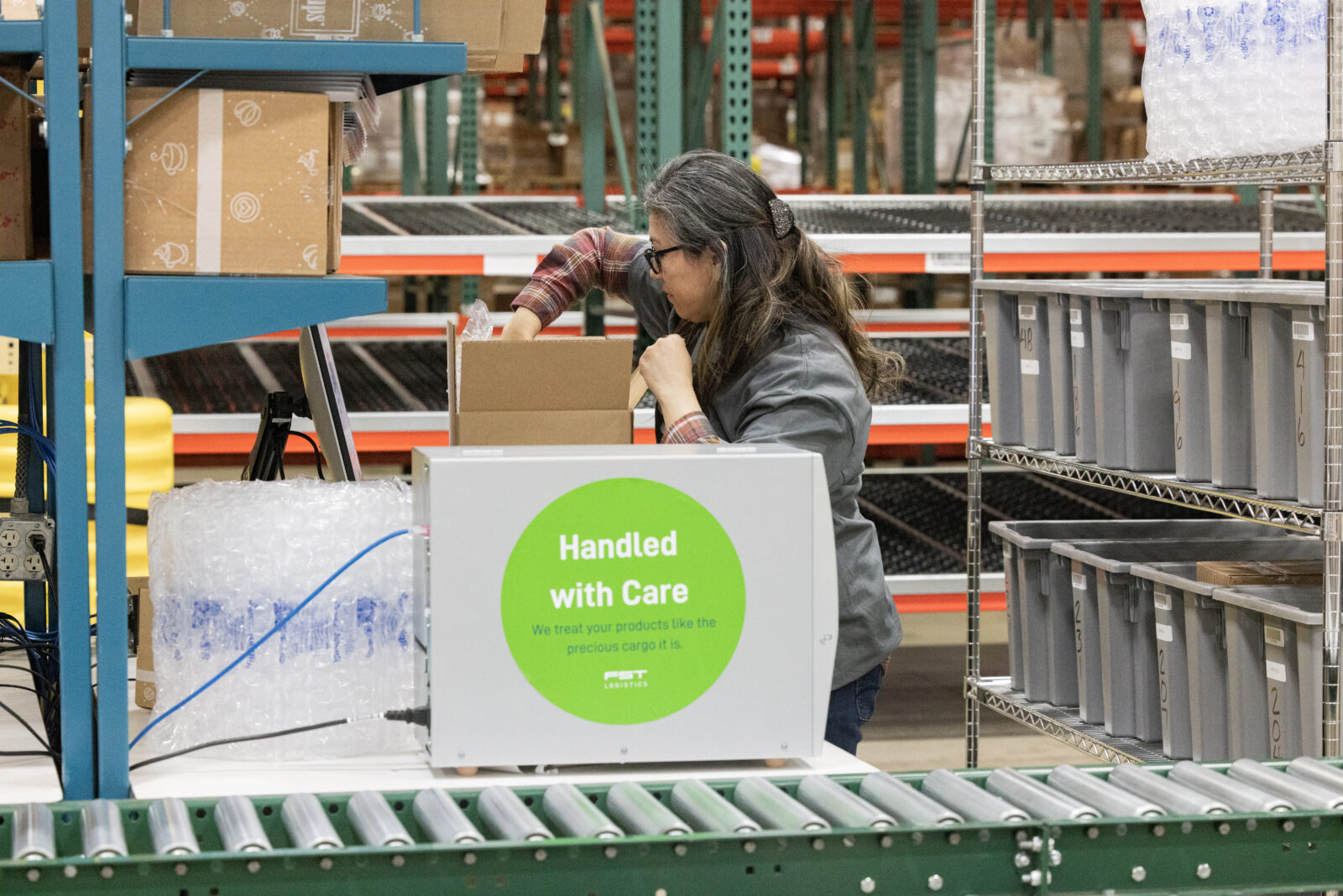The Suspension of Section 321: Impact on Ecommerce and Fulfillment Strategies
On February 1, 2025, President Donald Trump signed an executive order that included a provision suspending the Section 321 customs de minimis entry process, effective February 4, 2025. Previously, this rule allowed duty-free shipments under $800 to enter the United States, benefiting ecommerce and cross-border retail businesses. With this change, all shipments will now be subject to customs duties, creating significant financial and logistical challenges for global ecommerce brands.
Key Tariff Changes and Trade Implications
The executive action also introduces the following tariffs:
- 25% tariff on imports from Canada and Mexico (delayed as of February 3, 2025)
- 10% tariff on imports from China
- 10% tariff on Canadian energy exports
With further negotiations expected, companies must stay informed on evolving trade policies to adjust their logistics and supply chain operations accordingly.
Understanding Section 321 and Its Importance in Ecommerce
Section 321, governed by U.S. Customs and Border Protection (CBP), allowed low-value shipments (under $800) to enter the country duty-free. This exemption facilitated cost-efficient direct-to-consumer (DTC) ecommerce by minimizing import expenses.
CBP also utilized Entry Type 86 (T86), an electronic customs filing method that enabled duty-free imports requiring Partner Government Agency (PGA) oversight. T86 entries leveraged the Automated Commercial Environment (ACE) system, providing enhanced supply chain visibility while meeting regulatory compliance requirements.
Immediate Impact on Ecommerce Brands
The suspension of Section 321 forces ecommerce brands to reconsider their fulfillment strategies. The new regulations require:
- Formal customs entry for all imports, regardless of value
- Increased documentation and administrative overhead
- Payment of newly imposed tariffs on all imported goods
- Longer processing times and potential shipping delays
- Decisions on whether to absorb costs or pass them to consumers
Previously, Section 321 streamlined low-value shipments, helping businesses maintain profitability and fast delivery times. Without this benefit, brands must now adopt alternative fulfillment strategies, including transitioning to U.S.-based warehouses to avoid customs bottlenecks.
How Brands Can Adapt to the Section 321 Suspension
With Section 321 no longer available, businesses must explore new options, including:
- Shifting to U.S.-based fulfillment: Storing inventory domestically eliminates customs-related delays and ensures faster delivery.
- Reevaluating supply chain strategies: Importing in bulk and clearing customs before distributing goods within the U.S. may be more cost-effective.
- Utilizing alternative customs entry types: Entry Types 1 and 11 provide other pathways for imports, though they come with additional documentation and duty requirements.
Comparing Customs Entry Types: Type 1 vs. Type 11 vs. Type 86
When importing goods into the U.S., businesses must choose the best customs entry type:
- Entry Type 86 (T86): Previously allowed duty-free clearance for shipments under $800, but is no longer an option with Section 321’s suspension.
- Entry Type 11 (Informal Entry): Permits importers to declare the manufactured cost rather than the retail price, potentially reducing tariff payments.
- Entry Type 1 (Formal Entry): Required for shipments over $2,500 or those subject to regulations, quotas, and additional duties. It involves more documentation and customs bond requirements.
Before switching entry types, businesses must weigh factors like customs processing time, documentation needs, and total landed cost. Entry Type 11 may be a viable alternative for low-margin products, while high-value goods may require Type 1 formal entry.
How ZK Shipping Can Help Businesses Navigate the Section 321 Suspension
At ZK Shipping, we specialize in helping ecommerce brands, DTC retailers, and Amazon sellers adapt to changing trade regulations. Our strategic warehousing solutions and fulfillment expertise ensure your business stays competitive despite new customs challenges.
Why Choose ZK Shipping?
✅ U.S.-Based Warehousing: Store inventory domestically to avoid international shipping delays and new tariff costs.
✅ Optimized Fulfillment Solutions: We streamline picking, packing, and shipping for efficient last-mile delivery.
✅ Expert Guidance on Customs Compliance: Our team helps businesses select the best customs entry strategies to minimize costs.
✅ Amazon & Retail Fulfillment: We handle FBA prep, order fulfillment, and inventory management, keeping your business running smoothly.
With Section 321’s suspension, proactive brands must rethink their fulfillment models. ZK Shipping provides the infrastructure and expertise to help companies transition successfully, ensuring cost control and operational efficiency.
📩 Contact us today to explore how we can help your business thrive in a post-Section 321 environment.
[/fusion_text][/fusion_builder_column][/fusion_builder_row][/fusion_builder_container]





